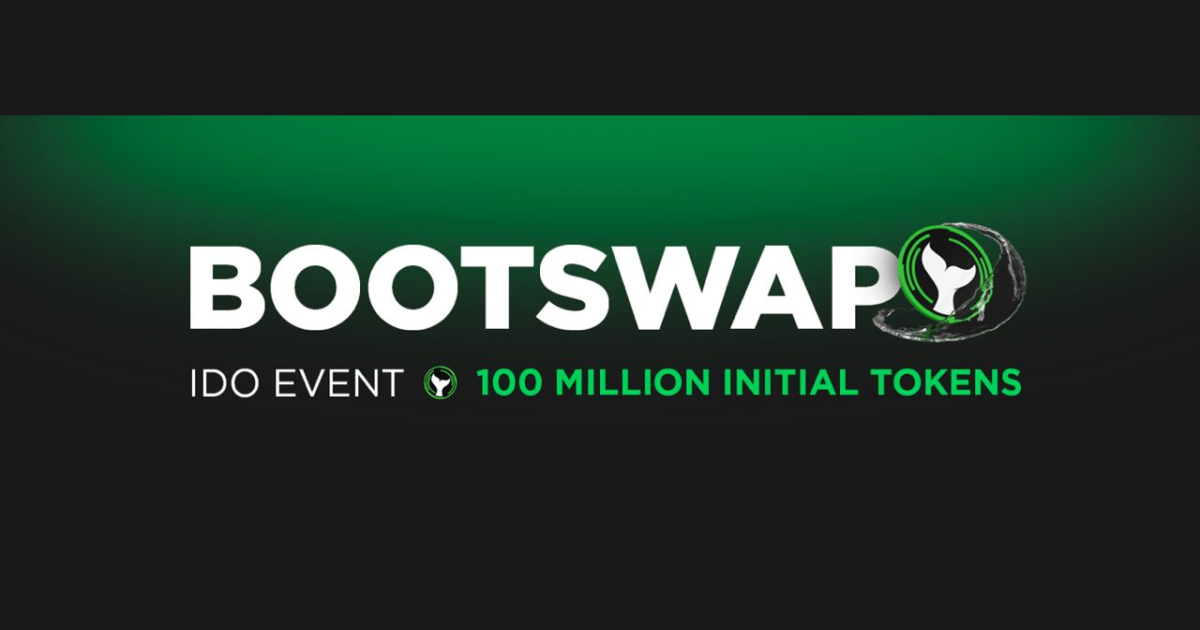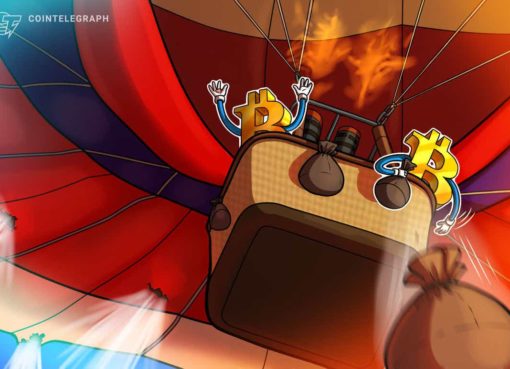Over the last few months, there have been several token launches on Terra. What has been noted, is that there have been two major challenges that continue to occur. First, the initial liquidity pools are just not deep enough. This causes an outrageous manufactured initial price pump, making all the insiders feel really good, but is quite unfortunate for the retail buyer as they are not part of that initial purchase. The second issue is that as soon as the token goes live, all the liquidity at the initial list price is sniped by bots in the first seconds, again forcing the retail buyer to buy in at higher levels.
White Whale has designed an initial token launch model that addresses both of these issues while at the same time bootstrapping our own protocol owned liquidity efforts… it is called “THE BOOTSWAP”
So what is a BOOTSWAP?
Here’s how it works, White Whale is utilizing the latest, freshly audited, open-sourced LBP code graciously provided to the community by the Astroport team. An LBP, or Liquidity Bootstrapping Pool, is a mechanism for launching tokens originally utilized by Balancer that is designed to defer bot activity by starting the token price high and allowing it to float down to price discovery over a pre-set period of time, say 72 hours. LBP’s are also utilized as fundraising tools as the team provides the initial liquidity at a disproportionate ratio, say (98/2 token/stablecoin) and as the tokens are sold the ratio eventually balances out to whatever target ratio is set by the team in the parameters (i.e. 20/80 token/stablecoin), allowing them to claim the stablecoins and so raise capital from the difference.
This is how it generally works, however at White Whale they are taking a slightly different approach. The team from White Whale has been signaling their intention to pursue Protocol Owned Liquidity for some time now, with that said, unlike most other LBP events, White Whale’s BOOTSWAP event will not be a token sale or fundraiser in any way. Absolutely none of the profits from the event will go to the White Whale team or incubating entities. The team funds will be deposited into the LBP pool (along with WHALE tokens) initially, and at the end of the LBP event, when the liquidity pool balances at our predetermined ratio of 50/50 UST/WHALE, same as your standard LP token… all of that liquidity will migrate straight to TerraSwap and will serve as the perpetual trading liquidity for the UST/WHALE pair. All of the corresponding LP tokens will be deposited into the White Whale War Chest and be owned by the protocol.
So what does this mean?
- From its inception, White Whale should own the lion’s share of its own liquidity. That’s right… POL right from the start, and
- It means that because this is not a sale or raise and all of the funds are going straight into the community-owned treasury, there will be no KYC requirements or trading restrictions for this event!
Questions that are commonly asked are: how does this benefit the regular retail buyer if the price already starts high? What if it stays high and never comes down? White Whale has thought this through and developed a solution for this scenario. Their goal is to distribute WHALE tokens at fair and honest levels to retail buyers. In order to do so, rather than being another project who under-fills the initial pools to manufacture a pump, the plan is to overshoot demand with our initial pool size. They will be depositing 100 million WHALE tokens into the LBP to start. Their reason for this is arguably refreshing – “Because F#&% The Bots, that’s why. They believe this will give everyone who wants to buy liquid WHALE tokens on the first days of trading an opportunity to do so at good levels without all the juicy initial liquidity being stolen by the bots. The starting price will be $1.00, so if bots want to snipe, that’s the price they will be sniping at. It will then float down to price discovery over a period of 72 hours, or until the target ratio is met




